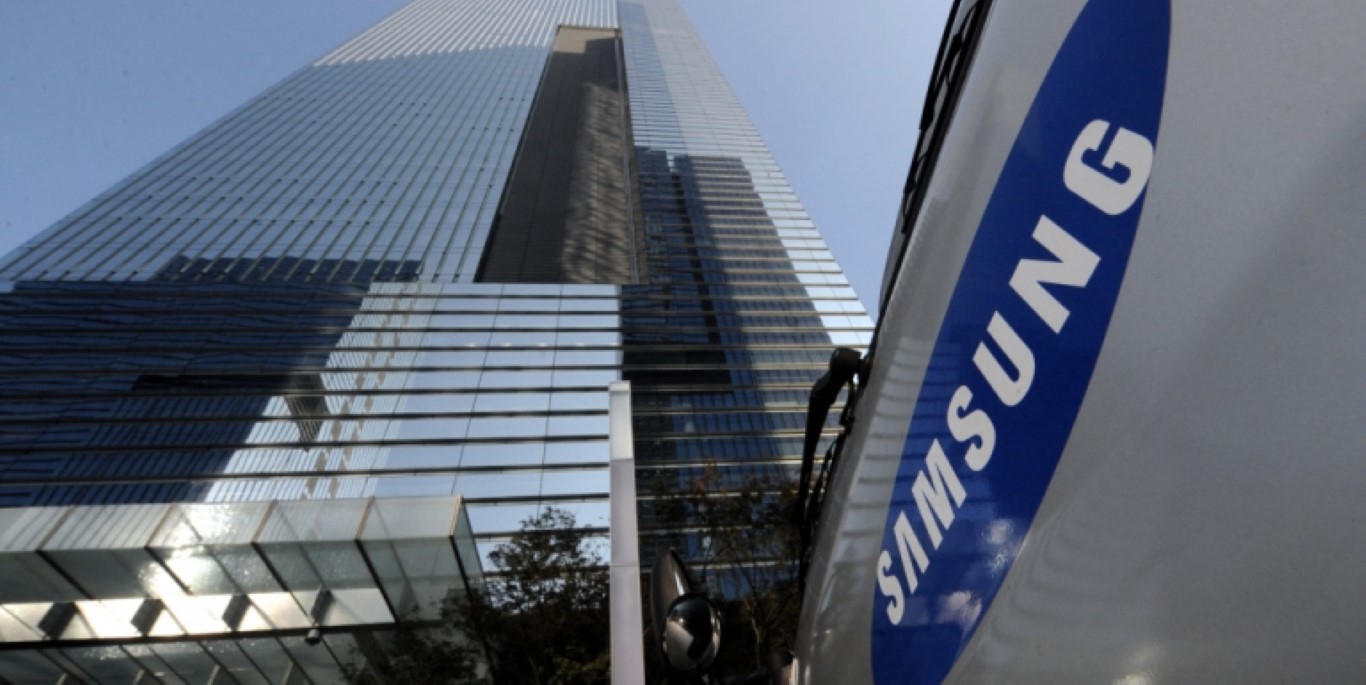Samsung may be one of the largest conglomerates in the world but it's not all smooth sailing for the Korean giant. The first indication of turbulence came earlier this year when Samsung released a surprise warning about its quarterly results. Public companies don't commonly release statements about quarterly results before they post the guidance. Samsung did that to indicate to the market that it would miss expectations by quite a margin.
The company later estimated a 60 percent decline in operating profit in its earnings guidance for Q1 2019. The full financial results confirmed a drop of 60.2 percent in operating profit compared to the same period a year ago. It was the lowest profit posted by the company in three years. Suffice to say, Samsung faces some grave business challenges, and it's buckling up to tackle them.
Decline in memory chip business hurts Samsung
Most people across the globe know Samsung through its consumer electronic devices and other gadgets. They're not the company's real cash cow. Samsung has made billions of dollars for years on the back of its dominance in the memory chip market. As global economic growth and demand for memory chips slowed in 2019, the impact was clearly visible on Samsung's balance sheet. The display panel business also contributes a significant chunk of profits and Samsung is taking a hit there as well due to a decline in the profitability of OLED panels.
Samsung is aware that its consumer electronics and mobile divisions can't quite provide the sort of profits that its investors have become used to. It predicts that prices in the memory market will improve in the second half of this year as the market works through the inventory after which the demand will increase again. Samsung has also begun the process of hedging its bets by investing a significant amount of money in the logic chip business.
The company confirmed earlier this year that it will invest $115 billion in the advanced semiconductor business to compete with the likes of Intel and Qualcomm. This war chest will go to Samsung's non-memory semiconductor efforts which include contract chip manufacturing and the development of its Exynos mobile process. Crucially, both are services that it can sell to business clients at margins significantly higher than what mobile phones bring in.
The market is aware that conditions are tough for a company like Samsung but the conglomerate isn't showing any signs of weakness. Samsung Electronics Vice Chairman Lee Jae-yong, the heir apparent to the Samsung empire, met with the five heads of Samsung's core divisions over the weekend to discuss future business strategy amid a weakening memory chip market. He vowed that Samsung will lead innovation in key technologies and maintain its leading position in the rapidly evolving industry through new growth engines.
“We shouldn’t be swayed by short-term opportunities and performances,” Lee said during a meeting at one of Samsung's production lines in Hwaseong, adding that “Samsung should focus on securing fundamental technologies for long-term businesses in a rapidly changing environment.” Most importantly, Lee reconfirmed that Samsung will invest $115 billion in its non-memory chip sector business to become a top player in this industry by 2030.
Uncertainty is also rising in the market due to the ongoing trade war between China and the United States. Huawei has been hit hard and while it may suggest that Samsung may have a lot to gain, the company is taking a cautious approach. This may indeed present an opportunity for Samsung to steal smartphone market share from Huawei. Moreover, Samsung has extensively been working on 5G network technology like Huawei and with the latter's troubles, the field is suddenly wide open for the Korean company. Huawei isn't just a Samsung rival, though, it has also been a customer. The Chinese giant has often sourced NAND flash memory chips from Samsung in addition to other components. Samsung's revenues will surely take a hit if orders from Huawei stop.
The overall deteriorating business environment in South Korea is just the cherry on top. The country's exports, which account for almost half of its economy, have declined for the sixth consecutive month. The central bank has kept borrowing costs unchanged despite the contracting economy which presents its own set of challenges for a company like Samsung whose business accounts for a significant chunk of South Korea's entire GDP. It will certainly be interesting to see how Samsung navigates these challenges in the coming quarters.

